Much Ado about Sucking
Did you know that sucking is an inherent human reflex that begins as early as the 29th week of gestation? Sucking behaviours serve to satisfy both physiological (nutritive) and psychological (non-nutritive) needs. For babies, sucking brings about feelings of comfort and security. It allows them to self-soothe and self-regulate in stressful situations.
How bad is it?
Most children grow out of the habit between the ages of 2 and 4. Long term thumb sucking however, can interfere with the development of a child’s bite.
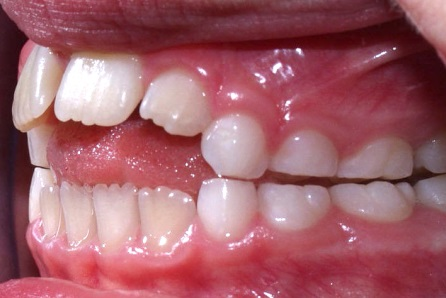
Thumb sucking can cause an anterior open bite, whereby their front teeth get pushed upwards. This means that when the child is biting in their “default” position, a permanent gap exists between their top and bottom teeth. In some children, thumb sucking could also cause a posterior crossbite, whereby their back teeth go into a criss-cross position.
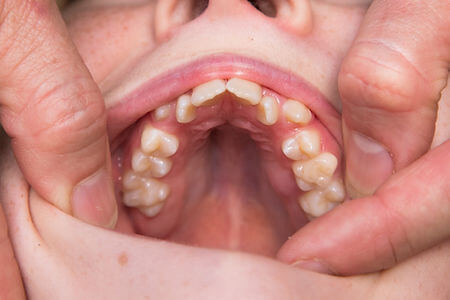
Additionally, the thumb can deform the shape of the roof of their mouth by moulding. This results in a high-vaulted, v-shaped palate. Skeletal problems like this tend to be harder to fix down the road.
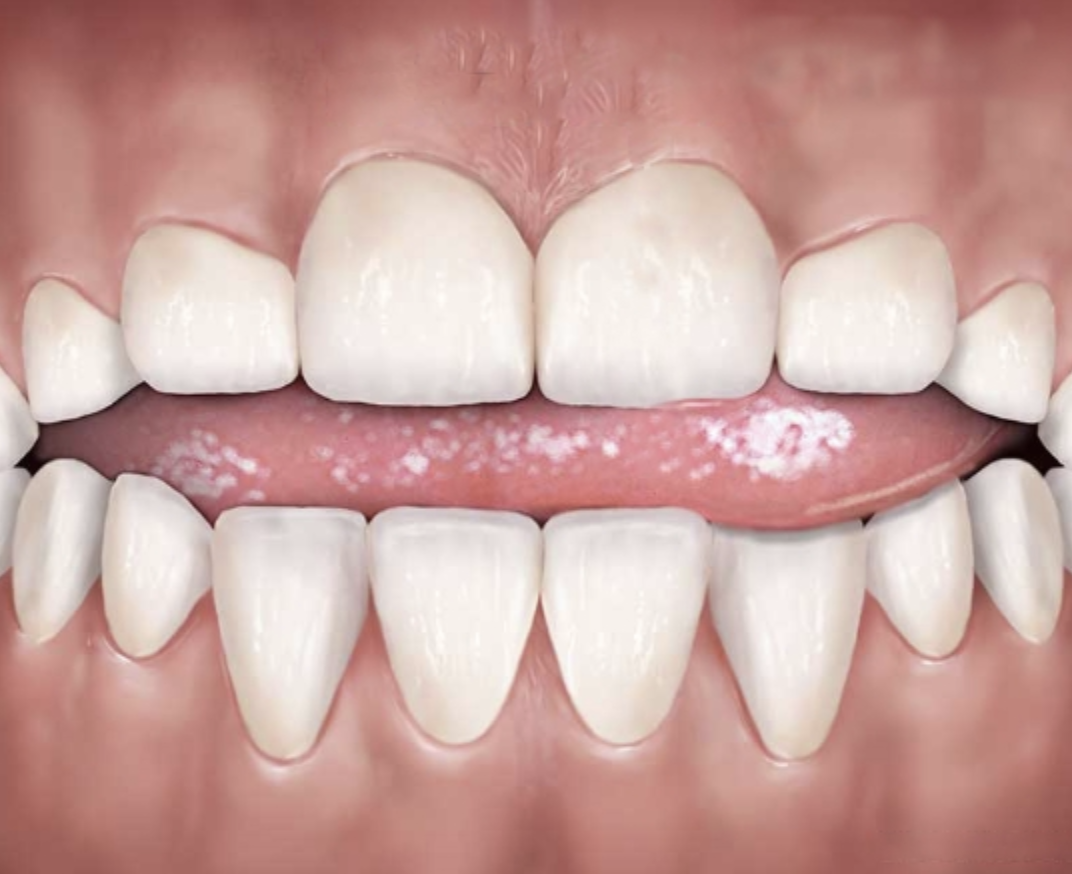
In certain cases, a compensatory tongue-thrust could develop, which further worsens the child’s bite. Speech defects such as lisping could follow. The child could also develop issues with the muscle tone of their lips.
How do I get my child to stop thumb sucking?
Counselling. Communicate the negative effects of their habit and the need to stop. Gently encourage and remind the child each time they suck their thumbs.
Distraction. Find an alternative activity or offer a new comfort object, such as a new stuffed animal or a special blanket, in exchange for no longer sucking their thumb.
Positive reinforcement. Set up a system such as a reward diary to keep a daily record of progress. Small rewards are given along the way (e.g. after 7 days of not sucking thumb).
Be patient. Weaning off thumb sucking takes time. Never attempt negative reinforcements (e.g. painting bad-tasting things on their thumb). Studies have shown that negative reinforcements tend to prolong the weaning process.
What can my dentist do?
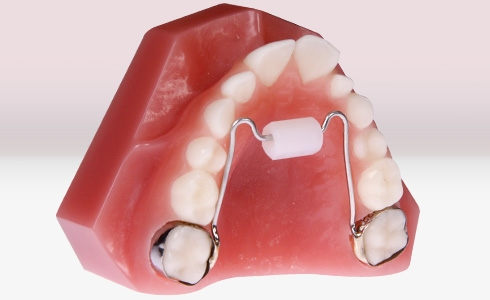
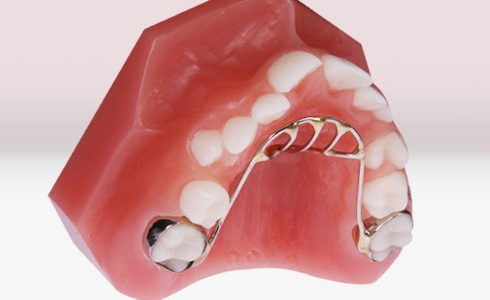
The good news is that most children grow out of thumb sucking on their own, by the age of 4. If the child has not started weaning from it by then, it might be time for a professional evaluation. Wearable dental appliances can be prescribed for the child, but while they are effective, they are used only as a last resort.

